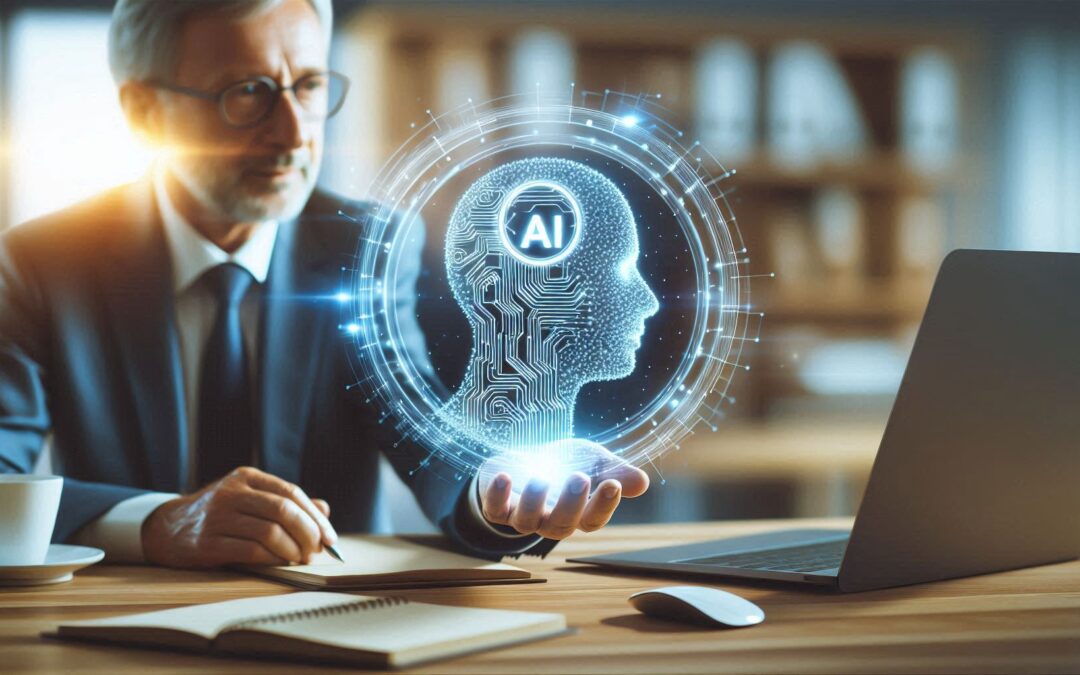Artificial intelligence (AI) is revolutionizing various industries, including art, literature, and music, by enabling AI systems to generate creative content. This rapid technological advancement has outpaced existing legal frameworks, leading to complex questions about copyright ownership, infringement, and the definition of creativity.
Ownership of AI-Generated Content
Traditional copyright laws are designed to protect works created by human authors. The U.S. Copyright Office maintains that works generated without human intervention are not eligible for copyright protection. This stance was reinforced in a recent report stating that AI-generated outputs can be protected by copyright only when a human author has determined sufficient expressive elements.
This position presents challenges for creators using AI tools. For instance, if an artist uses an AI program to generate a piece of music or visual art, the extent of human involvement in the creative process becomes crucial in determining copyright eligibility. The line between human creativity and machine generation is increasingly blurred, raising questions about what constitutes sufficient human authorship.
Legal Precedents and Ongoing Litigation
Several high-profile legal cases have emerged, highlighting the tension between AI technology and copyright law:
• Thomson Reuters vs. ROSS Intelligence: In February 2025, a Delaware federal court ruled in favor of Thomson Reuters, finding that ROSS Intelligence infringed on copyrights by using Westlaw’s headnotes to train its AI-driven legal research tool. This case underscores the legal risks associated with using copyrighted material for AI training without authorization.
• French Publishers and Authors vs. Meta: In March 2025, major French publishing associations filed a lawsuit against Meta, alleging unauthorized use of copyrighted content to train its AI systems. The plaintiffs argue that such practices violate copyright laws and constitute economic parasitism.
• Andersen v. Stability AI: Visual artists Sarah Andersen, Kelly McKernan, and Karla Ortiz sued Stability AI, Midjourney, and DeviantArt, alleging that their works were used without permission to train AI models, resulting in AI-generated images that mimic their styles. This case highlights the concerns of artists over the unauthorized use of their works in AI training.
These cases illustrate the growing legal scrutiny over the use of copyrighted materials in AI training and the potential liabilities for companies that fail to obtain proper licenses.
Fair Use and AI Training
The doctrine of fair use allows limited use of copyrighted material without permission for purposes such as criticism, comment, news reporting, teaching, scholarship, or research. However, applying fair use to AI training is contentious. In the Thomson Reuters case, the court concluded that depriving a copyright owner of the ability to license their work as AI training data undercuts the fair use defense, suggesting that using copyrighted material for AI training without authorization may not qualify as fair use.
Global Perspectives on AI and Copyright
Different jurisdictions are approaching the intersection of AI and copyright in various ways:
• United States: The U.S. Copyright Office emphasizes human authorship as a requirement for copyright protection. In March 2023, the Office issued guidance stating that works containing AI-generated content are not copyrightable without evidence of human creative contribution.
• European Union: The EU’s AI Act mandates compliance with copyright laws for AI systems, reflecting a cautious approach to integrating AI into creative industries.
• United Kingdom: The UK government has considered allowing AI companies to use copyrighted works without permission unless the owner opts out, a proposal met with resistance from the creative sector. Oxford University experts warn that such reforms could undermine the economic foundation of the creative industry.
Implications for Businesses and Creators
The rapid advancement of artificial intelligence (AI) technologies has significant implications for businesses, creators, and legal professionals, particularly concerning copyright laws and intellectual property rights.
For AI Developers
• Legal Risks in Training AI Models: Utilizing copyrighted materials without proper authorization for training AI models can lead to substantial legal challenges. For instance, in Thomson Reuters v. ROSS Intelligence, the court ruled that using Westlaw’s copyrighted headnotes to train an AI-driven legal research tool constituted copyright infringement.
• Unauthorized Use of Copyrighted Content: AI companies have faced lawsuits for allegedly using copyrighted works without permission. Notably, Getty Images sued Stability AI, accusing the company of scraping millions of images without consent to train its AI models.
For Creators Using AI
• Copyright Eligibility of AI-Generated Works: The question of whether AI-generated content qualifies for copyright protection is complex. A federal court affirmed that artwork generated solely by AI, without human involvement, is not eligible for copyright protection, emphasizing the necessity of human authorship.
• Infringement Risks: Creators using AI tools must be cautious of potential infringement. For example, authors Sarah Silverman, Christopher Golden, and Richard Kadrey sued OpenAI and Meta, alleging that their works were used without permission to train AI models, resulting in outputs that infringed on their copyrights.
For Copyright Holders
• Protection Against Unauthorized Use: Copyright holders are actively seeking to protect their works from unauthorized use in AI training. The Authors Guild, representing 17 authors including George R.R. Martin, filed a lawsuit against OpenAI, claiming that their copyrighted works were used without consent to train AI models.
For Legal Professionals
• Navigating Emerging Legal Precedents: Legal professionals must stay informed about ongoing litigation and evolving case law to effectively advise clients. Resources like the AI Copyright Case Tracker provide valuable insights into current lawsuits and legal theories related to AI and copyright.
As AI technology continues to evolve, it is crucial for all stakeholders to understand and navigate the complex legal landscape surrounding AI-generated content and copyright laws.
Conclusion
The intersection of AI and copyright law presents complex challenges that require careful navigation by all stakeholders. As AI continues to evolve, so too must the legal frameworks that govern creative works, ensuring that both innovation and the rights of creators are balanced and protected.

